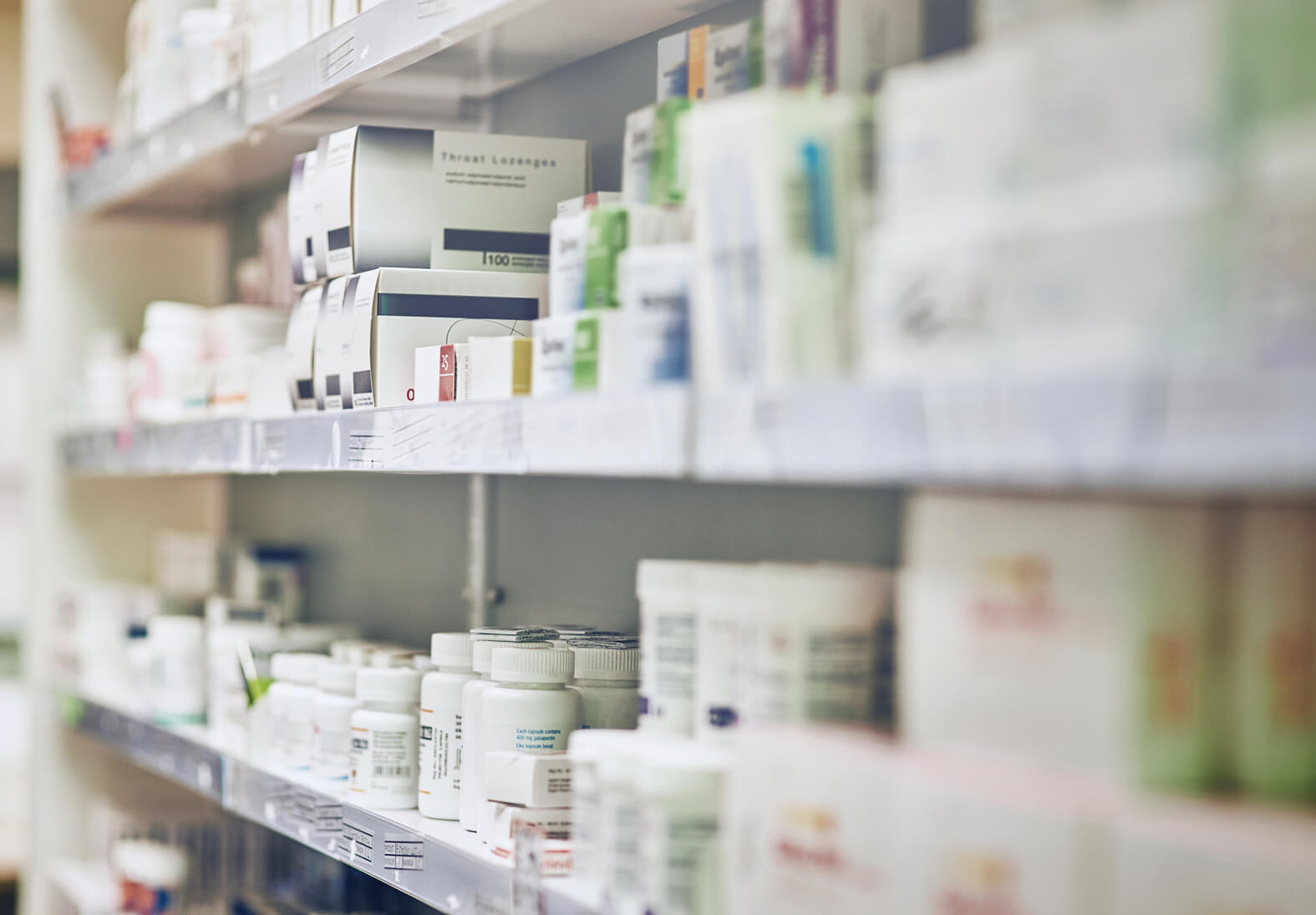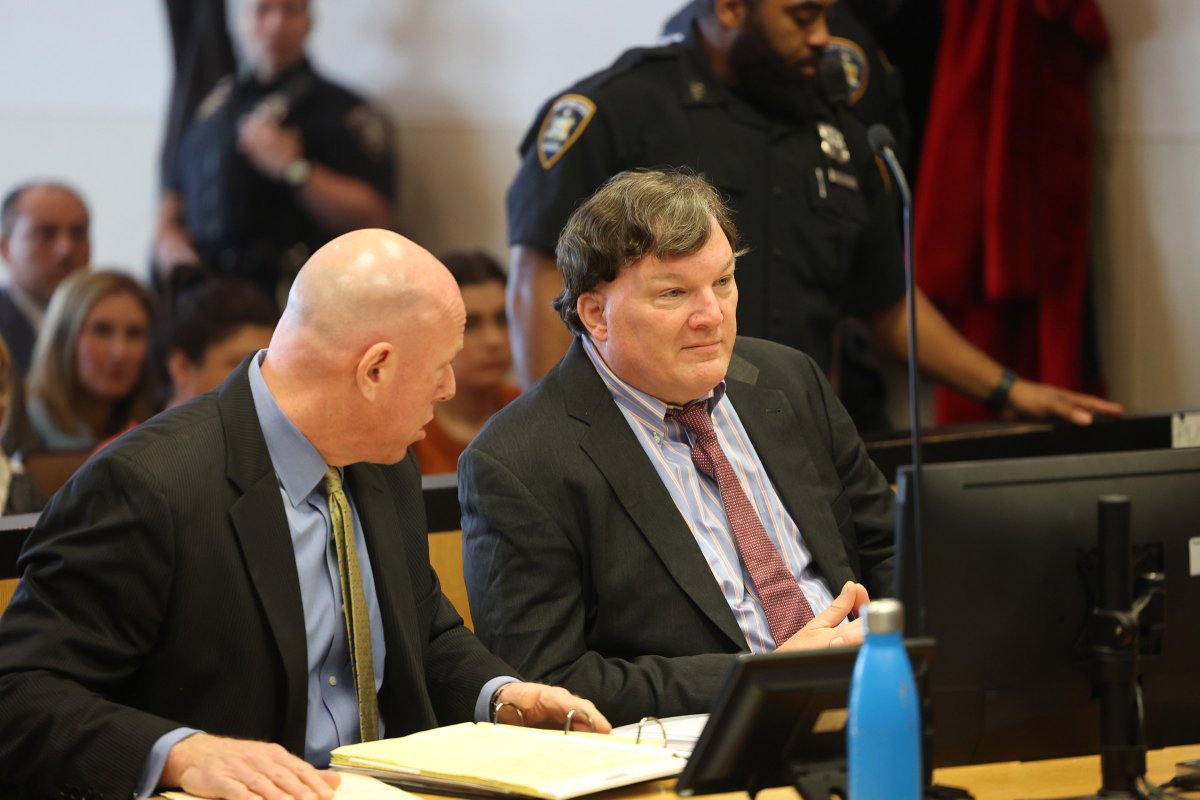Paying Too Much For Medication


Many of us are being charged far more than we legally have to pay for our prescriptions—and our pharmacists not only know it, but are under a “gag order” not to tell us.
The shocking practice has been going on all over the country for years, until the media began reporting about the hidden costs. Now, the practice is being addressed by numerous states. Bill #A9893, sponsored by Anthony Brindisi (Utica), is under consideration in the New York State Assembly after being introduced last week. The bill relates to enhancing pharmaceutical transparency and consumer protection between pharmacies and pharmacy benefit managers.
Assemblyman Fred Thiele said he will come on board as a co-sponsor.
“An act to amend the public health law and the insurance law, in relation to contracts between pharmacies and pharmacy benefits managers,” is needed, Brindisi wrote, “because pharmacies and pharmacists enter into contracts with health carriers or pharmacy benefits managers that contain gag orders.”
Pharmacists who tell their customers that they are paying more than they should could be penalized for disclosing the information.
According to an article by Robert Pear in the New York Times on February 24 titled, “Why Your Pharmacist Can’t Tell You That $20 Prescription Could Cost Only $8,” customers, even ones with top tier health insurance, often pay more out of pocket than they are supposed to.
“Many pharmacists have expressed frustration about such provisions in their contracts with the powerful companies that manage drug benefits for insurers and employers. The clauses force the pharmacists to remain silent as, for example, a consumer pays $125 under her insurance plan for an influenza drug that would have cost $100 if purchased with cash,” Pear wrote.
The culprits are drug benefit managers who hold down costs for consumers by negotiating prices with drug manufacturers and retail drugstores, but their practices have come under intense scrutiny. Much of the “saved” costs negotiated go into their pockets instead of those of the consumer or pharmacist.
“This is unreasonable and unnecessary,” according to the proposed bill before the New York Assembly.
The White House Council of Economic Advisers said in a report that large pharmacy benefit managers “exercise undue market power” and generate “outsized profits for themselves.”
The National Conference of State Legislatures took up the matter after pharmacists complained. Federal and state officials say they share the pharmacists’ concerns, and they have started taking action. At least five states have adopted laws to make sure pharmacists can inform patients about less costly ways to obtain their medicine, and at least a dozen others are considering legislation to prohibit gag clauses, according to The Times.
Pharmacists are, “the most direct, personal connection that a patient receiving a prescription drug has. That’s why it is important that we free them from the constraint of these gag orders so as to allow them to properly serve patients,” Brindisi wrote.
In North Dakota, a new law explicitly bans gag orders. It says that a pharmacy or pharmacist may provide information that “may include the cost and clinical efficacy of a more affordable alternative drug if one is available.”
The North Dakota law mandates that a pharmacy benefit manager or insurer may not charge a co-payment that exceeds the actual cost of a medication.
The lobby for drug benefit companies, the Pharmaceutical Care Management Association, has filed suit in federal court to block the North Dakota law, saying it imposes “onerous new restrictions on pharmacy benefit managers.”



